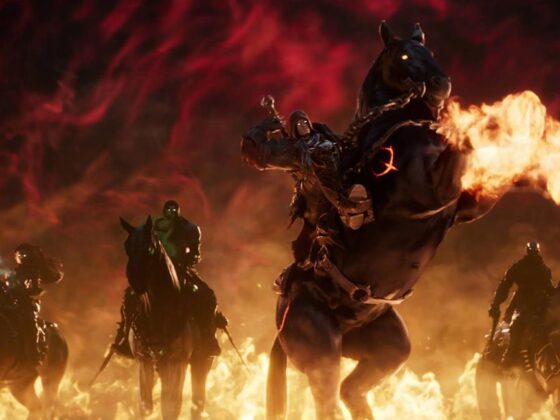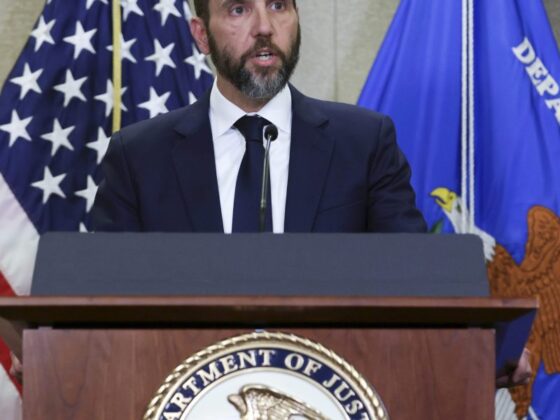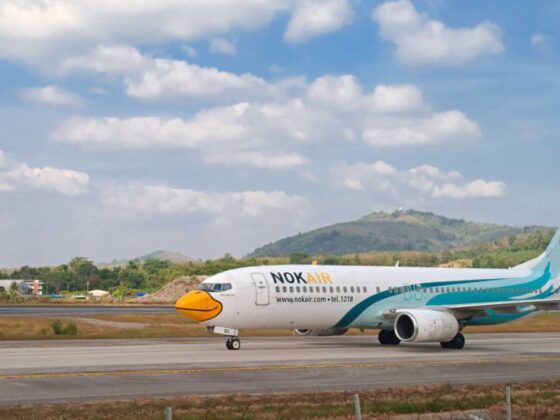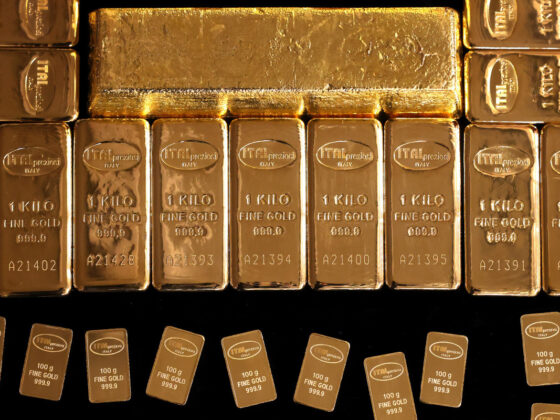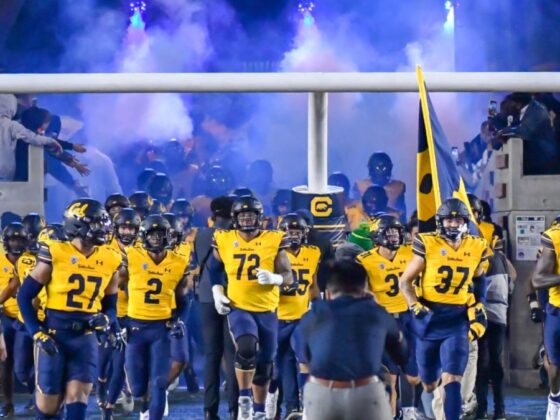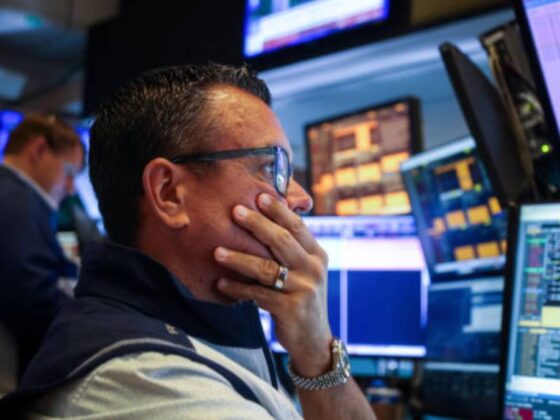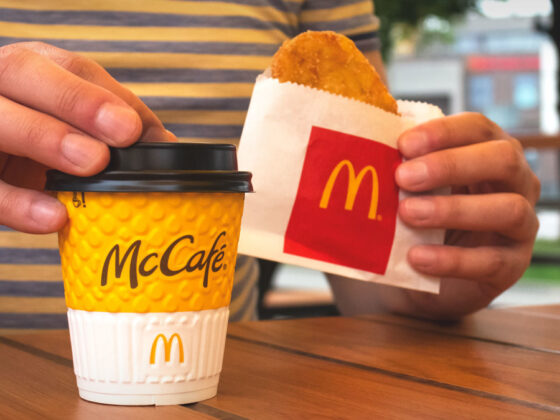There's a reason why shares of Warren Buffett's Berkshire Hathaway (BRK.A) and (BRK.B) have fallen more than 12% since early May.
Some of its businesses aren't performing as well as in prior years.
💵💰Don't miss the move: Subscribe to TheStreet's free daily newsletter 💰
The company saw operating profit drop to $11.16 billion, a 3.8% decline from a year earlier, in part because of declines in underwriting earnings in its insurance operations, according to its second-quarter earnings report released Saturday.
Plus, it wrote down the value of its investment in Kraft Heinz (KHC) , the food giant Berkshire helped put together. Kraft Heinz shares have lost two third of their value since 2017.
The pre-tax write-down came to about $5 billion. It still owns 27.4% of the company. Until this spring, Berkshire controlled two of the 12 seats on the Kraft Heinz board. It has given up both seats. The write-down was a rare disappointment for Buffett and Berkshire Hathaway, although analysts believe it was long overdue.
Related: Stock Market Today: Was That the Market Top?
Berkshire shares struggle since spring
Berkshire's Class A shares closed Friday at $711,480, down $8,370 on the day. The Class B shares ended at $472.84, up 96 cents.
Berkshire shares hit intraday peaks of $812,855 and $542.07, respectively, on May 2, the day before the company's annual meeting when Buffett said he would retire as CEO on Dec. 31. The closes for the stock classes translated into year-to-date-gains of 18.5%.
The shares then fell through May, June and July. One reason for the declines was the uncertainty created by the announcement. Buffett was a known quantity for Wall Street. Greg Abel, who will succeed the Oracle of Omaha as CEO, is less known.
Perhaps as important, the big technology rebound that started in April probably drew money away from less glamorous opportunities. Like Palantir (PLTR) , Facebook parent Meta Platforms (META) , Microsoft (MSFT) and, of course, Nvidia (NVDA) .
Here is how the Berkshire B shares have behaved compared with the S&P 500 over the six months.
Despite the shares' fallback since May, Berkshire's A shares are up 4.5% in 2025, with the B shares up 4.3%. The S&P 500 is up 6.1% on the year and up 29% from its April low. (We should note Berkshire rose on Friday as some investors saw it as a safe haven.)
And the company has real strength. Berkshire ended the second quarter with $344.1 billion in cash and equivalents, about 37% of total assets. The cash position includes nearly $250 billion in short-term Treasury securities.
Related: Analysts revamp Meta price target after earnings
Buffett, who turns 95 on Aug. 30, took control of Berkshire in 1965. It was then a struggling textile company in 1965. He has been CEO since 1970.
Abel, who is Berkshire's vice chairman of non-insurance operations, is also CEO of Berkshire Hathaway Energy, which operates four electric utilities and related subsidiaries.
More Warren Buffett:
- Warren Buffett's Berkshire Hathaway predicts major housing market shift soon
- Warren Buffett has harsh words for stock market investors
- Warren Buffett makes worrisome car insurance prediction
- Former Warren Buffett exec makes bold real estate bet
A low-visibility corporate giant
Berkshire is a huge conglomerate with about 392,000 employees. Much of its profits come from its insurance businesses. It owns Geico, Allegany and no fewer than 16 other insurance companies.
It also owns the Burlington Northern Santa Fe Railroad, a host of electric utilities, Fruit of the Loom, Dairy Queen, Duracell, boot-maker Justin Brands and the Pilot chain of truck stops.
Most of its companies run semi-autonomously and have been reliably successful and made Buffett and Berkshire shareholders wealthy.
The railroad business is based in the western United States and will face new competitive pressures when — and if — rival Union Pacific Corp. (UNP) merges with Norfolk Southern Corp. (NSC) .
The two sides agreed this past week to merge in a deal valued at about $85 billion. Assuming it closes, the result would be the first coast-to-coast railroad operator in the United States.
Many analysts believe BNSF will need to find a merger partner of its own to compete. There, however, just five big railroads.
Berkshire still is still a large investor in a host of companies with a fair value of $268 billion. The largest holdings are:
- American Express (AXP) .
- Apple (AAPL) .
- Bank of America (BAC) .
- Coca-Cola (KO) .
- Chevron Corp. (CVX) .
Related: What's next for mortgage rates depends on one major detail




